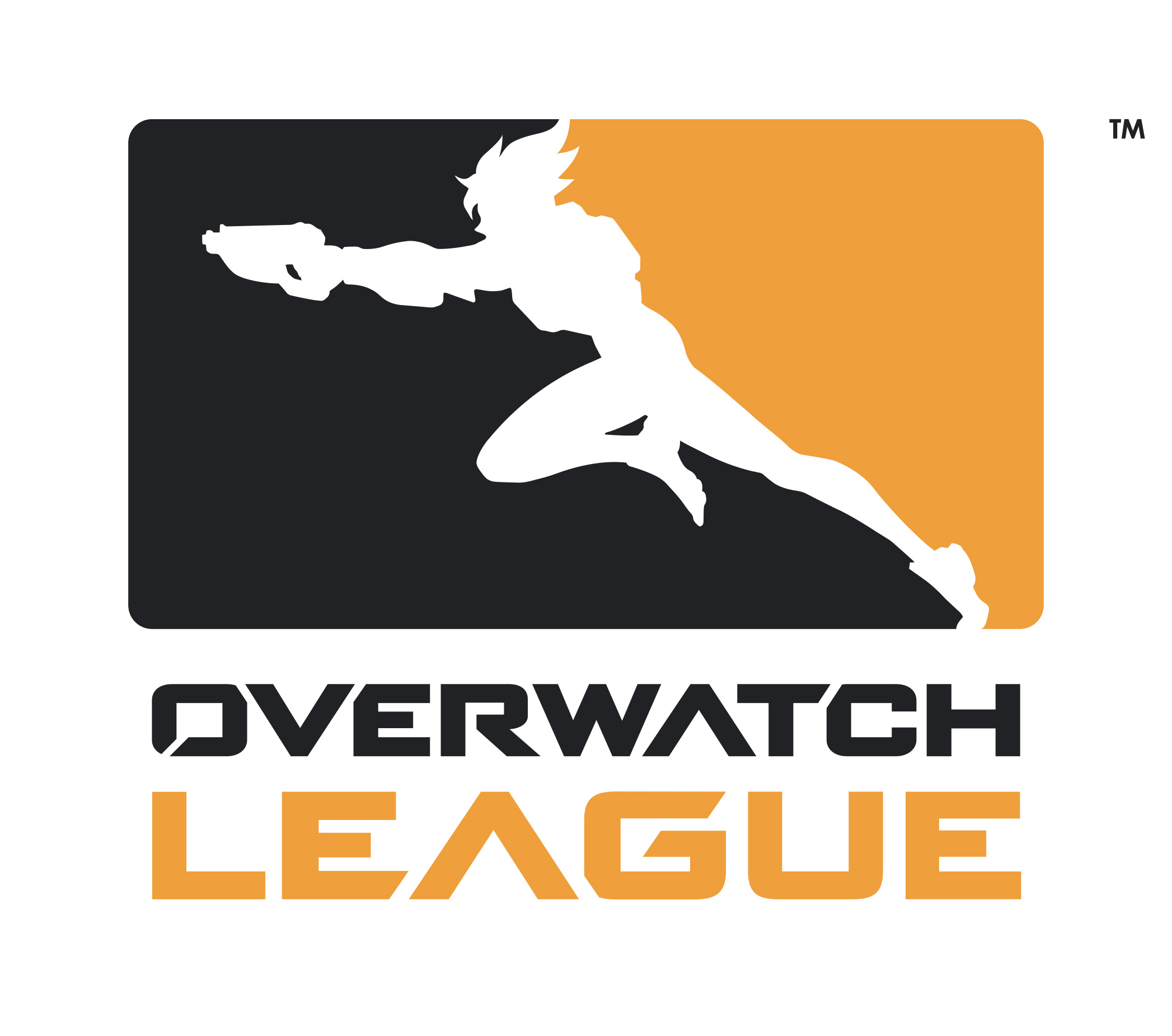Blizzard finally releases Overwatch League Code of Conduct
The rules are designed to ensure the integrity of the game and eliminate harassment and discrimination.

Blizzard has published a summary the Overwatch League Rules of Competition and Code of Conduct, belatedly making public its expectations for OWL teams and players. Blizzard said that the Code of Conduct "is designed to ensure the integrity of the game; to safeguard the public image of the league, its players, teams, and owners; and to provide a competitive game environment that is free from harassment and discrimination."
The Code of Conduct summary is open-ended, leaving Blizzard with "broad discretion" to investigate violations and impose sanctions as it sees fit. Possible penalties for transgressions range from informal warnings to fines, suspensions, and even permanent bans. Requirements for teams and players is similarly squishy, and includes, "among other things":
- Observe the highest standards of personal integrity and good sportsmanship
- Compete to the best of their skill and ability at all times
- Comply with all applicable laws at all times
- Not engage in any activity or practice which brings him or her into public disrepute or scandal
- Not engage in any form of harassment or discrimination
- Not place bets on any games, matches, or tournaments involving Overwatch
- Not make any false, defamatory, libelous, or slanderous remarks, comments, or statements
- Not use or attempt to use any bugs or exploits in Overwatch
It might seem like an overly vague approach to dealing with issues that have so far ranged from a quick bird-flip to a homophobic slur, but that's inherent to this type of document: It's impossible to codify precisely what is and is not allowed from amongst the infinite range of human behavior, and so there has to be an allowance for discretion when it comes to dealing with problems and levying punishments for stepping outside the lines.
The Rules of Competition, governing things like player eligibility, team composition, and competitive structure, is predictably far more cut-and-dried, since it covers the mechanical elements of the Overwatch League gameplay. It does, however, have a section dedicated to "tampering," defined as "any interference by a Team or its Representative(s) with the employer-employee relationship between a Player and another Team."
In other words, teams are not allowed to enter discussions with players who are under contract with other teams, unless they have written permission from the contracting team to do so. If that sort of thing strikes you as fun reading, you can dive into the Rules of Competition summary here.
The biggest gaming news, reviews and hardware deals
Keep up to date with the most important stories and the best deals, as picked by the PC Gamer team.

Andy has been gaming on PCs from the very beginning, starting as a youngster with text adventures and primitive action games on a cassette-based TRS80. From there he graduated to the glory days of Sierra Online adventures and Microprose sims, ran a local BBS, learned how to build PCs, and developed a longstanding love of RPGs, immersive sims, and shooters. He began writing videogame news in 2007 for The Escapist and somehow managed to avoid getting fired until 2014, when he joined the storied ranks of PC Gamer. He covers all aspects of the industry, from new game announcements and patch notes to legal disputes, Twitch beefs, esports, and Henry Cavill. Lots of Henry Cavill.

